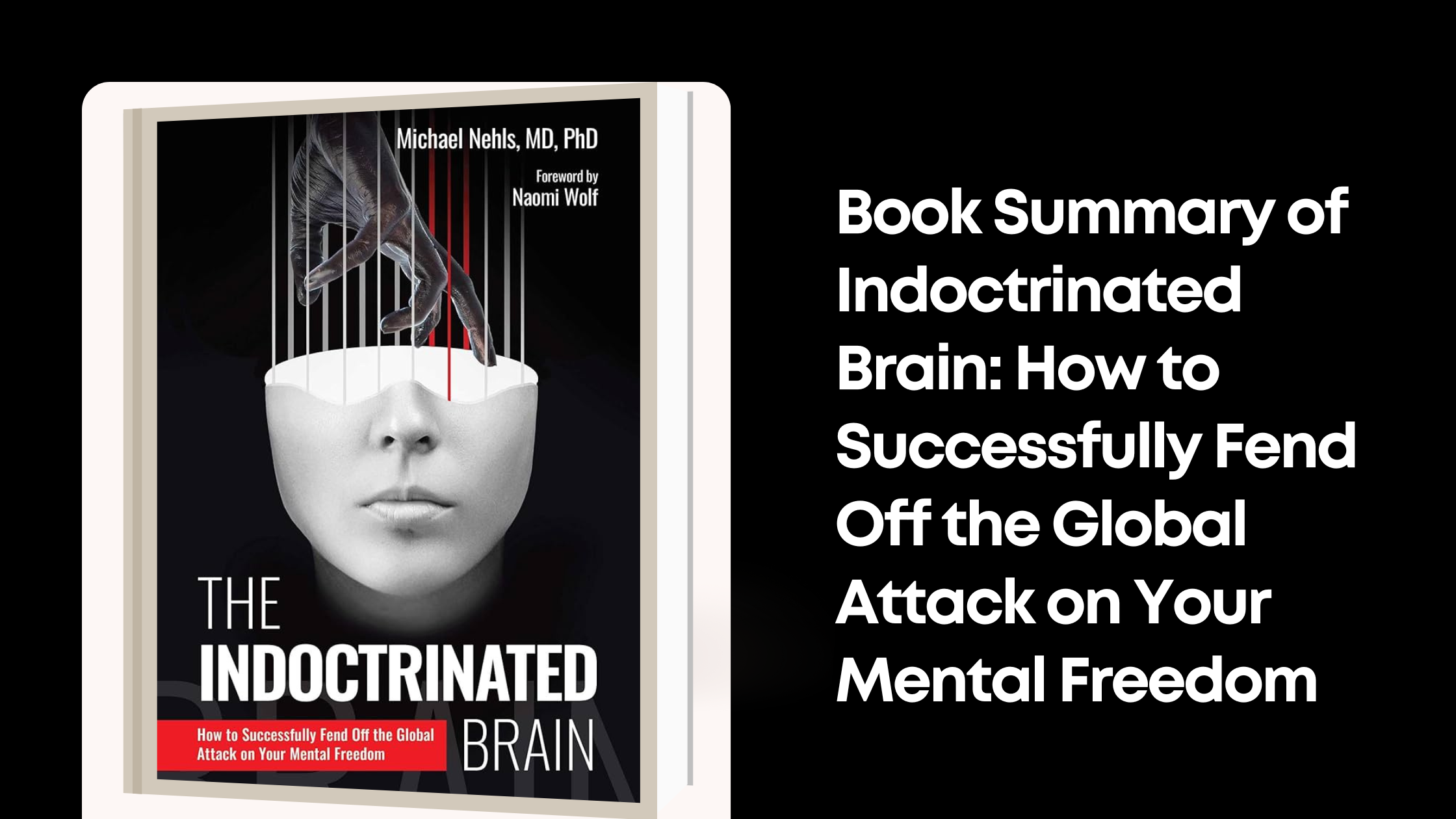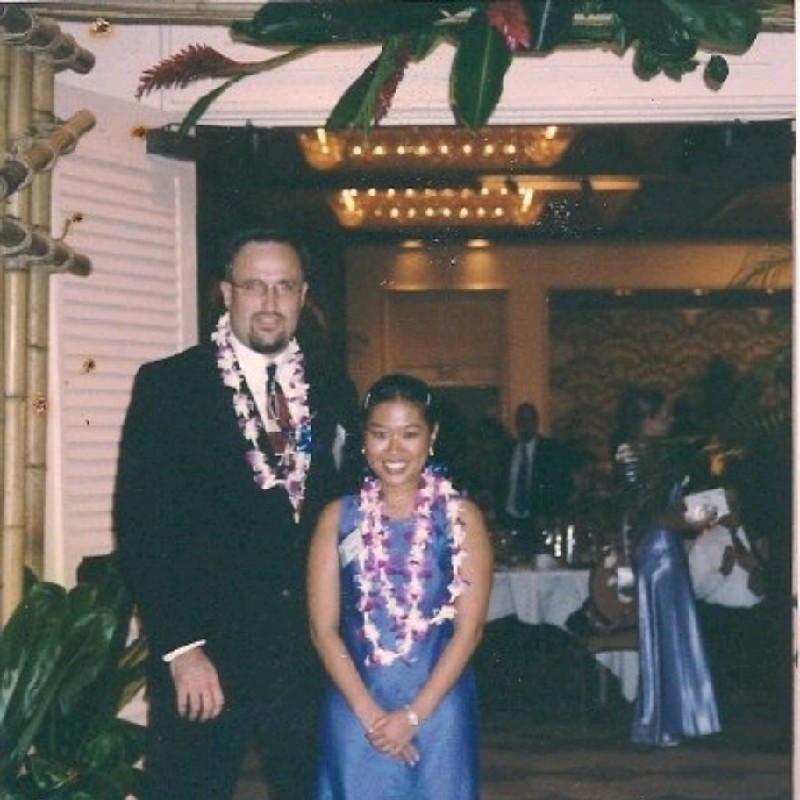Book Summary of Indoctrinated Brain: How to Successfully Fend Off the Global Attack on Your Mental Freedom

Explore the compelling book Indoctrinated Brain, which unveils the fight for mental freedom against global manipulation. Discover how critical thinking and understanding cognitive biases can protect you from indoctrination. A must-read for readers, educators, and media consumers committed to safeguarding their mental autonomy.
In today’s world, where information floods our screens every second, keeping our minds free has become a critical fight. “Indoctrinated Brain” dives into this battle, uncovering how global powers try to sway our views and seize our thoughts. This book reveals a pressing truth: we must guard our mental independence against subtle and not-so-subtle forms of control. It makes us question: who really decides what we think? It calls for action, urging readers to recognize these influences and resist them. The narrative’s urgency carries a clear message—protect your mind’s freedom. This isn’t just about awareness; it’s a call to arms for mental autonomy. As we read, we can’t help but reflect on our own thinking. Are we truly free, or are we guided by unseen hands? This reflection is the first step in breaking free from the chains of indoctrination. The book asks us to defend our mental borders, to fight for our own thoughts, and to reclaim the independence that is rightfully ours.
The Importance of Critical Thinking and Resilience
Critical thinking and resilience are at the core of navigating today’s chaotic world, according to Nehls and Wolf’s (2023) “Indoctrinated Brain.” These aren’t just fancy skills—they’re necessary skills that is what you are supposed to learn in higher education. Unfortunately, that is where higher education is failing most people. If you can develop these skills, they become the armor that we can wear against manipulation that sneaks into our lives in many ways. Think about how you’re bombarded with information daily. Without questioning and analyzing it, you might fall into the trap of believing everything you hear. It’s not just about consuming information, but about dissecting it. Is the source reliable? Are there underlying motives you should be aware of? Meanwhile, resilience helps you bounce back from setbacks. It’s the grit and determination that keep you grounded when tactics try to push you off balance. Together, critical thinking and resilience create a powerful shield. They challenge us to remain skeptical yet open-minded. They push us to ask the tough questions. So when was the last time you paused to question a headline or conversation? These skills demand practice. Engage your mind. Stand firm. They’re not mere concepts—they’re essential tools in maintaining control over your beliefs and decisions.
Understanding Cognitive Biases and Propaganda
Cognitive biases play a huge role in how we process information. They’re mental shortcuts our brains take to make sense of complex data, but they can mislead us. These biases can make us ignore facts or cling to our initial beliefs. Propaganda takes advantage of these blind spots. It presents information in a way that triggers our biases, nudging us to adopt certain views without us even noticing. Consider the confirmation bias, which makes us seek out evidence that supports what we already believe. Propaganda uses this bias by feeding us stories that match our views, reinforcing them. Another bias, the bandwagon effect, pushes us to adopt beliefs that others around us hold, leading to groupthink. Understanding these biases helps us see how propaganda works its subtle magic. By recognizing these tricks, we arm ourselves against manipulation, making informed decisions based on clear thinking. So the next time you hear persuasive messaging, ask yourself this—am I being swayed by a bias? Recognizing these influences is the first step to breaking free from the grip of propaganda and taking control of your own understanding.
Education and Media Literacy
“Indoctrinated Brain” sounds like a book that grabs you by the shoulders and gives you a good shake. It doesn’t just suggest media literacy; it practically demands it. Think about how often you scroll through news, posts, and headlines. Every message tries to worm its way into your belief system. Some people are able to take what they see with a grain of salt and do a quick Google search to fact check it. That is what this book wants you to do. “Indoctrinated Brain” wants to arm yourself with the ability to see through the noise. By encouraging media literacy, “Indoctrinated Brain” calls for a society that questions information, sifts through what’s true and what’s not, and makes informed decisions. It’s about crafting a mindset where you don’t just sit back and absorb. Instead, you actively challenge and analyze what each source throws at you. This shift isn’t just educational; it’s liberating. So, next time you find yourself mindlessly scrolling, ask, “Is this the truth, or just clever packaging?” That question alone is a step toward mental freedom, transforming how you interact with the world around you.
Global Implications of Indoctrination
Indoctrination isn’t just a personal issue; it ripples through entire communities, reshaping societies in ways we might not notice at first. When people are systematically fed specific beliefs, it chips away at democracy. Those in power can sway opinions, limiting true freedom of thought. Innovation takes a hit because creativity struggles where rigid thinking rules. People stop questioning, and without questions, progress stalls. Inequality deepens as groups are judged by ideas born from manipulation rather than reality. This isn’t just theory. Look at regimes that control with propaganda. Cultures get trapped in cycles where only certain voices are heard, while others are silenced. This global weight of indoctrination challenges us all. How do we ensure freedom of thought? Are we vigilant enough to spot these traps? Keeping our minds free and questioning is vital. The cost of ignoring these patterns is too high, not just for individuals but for the whole society.
Practical Strategies for Fending Off Indoctrination
In a world where information flows faster than we can process, indoctrination lurks around every corner. But fear not, powerful strategies exist to shield your mind from being swayed. First, harness the power of self-awareness. Regularly take stock of your beliefs and question why you hold them. Are they truly yours? Challenge yourself to inspect every corner of your mind. Next, never stop questioning. Don’t accept things at face value or follow blindly. Ask yourself tough questions: Who benefits if I believe this? Where’s the evidence? A questioning mind is a strong mind. Finally, broaden your perspective. Dive into diverse viewpoints that stretch your understanding and enrich your thinking. Surround yourself with a chorus of voices, not just echoes of your own. By embracing these approaches, you arm your mind against influence and claim your independence. These strategies aren’t just tips—they’re your mental armor. Ready to protect your mind?
Critical thinking can protect you from being indoctrinated.
– Michael Nehls, MD
Conclusion
In conclusion, Indoctrinated Brain is a clarion call for vigilance and action. The book’s message is both urgent and relevant, urging readers to reflect on their own cognitive biases and the influence of propaganda in their lives. By adopting the practical strategies outlined, individuals can safeguard their mental autonomy and become advocates for critical thinking and media literacy in their communities.
Indoctrinated Brain ends on an optimistic note, reminding readers that through awareness and informed action, we can resist indoctrination. By doing so, we contribute to a more rational, free, and just society—a goal that is within reach if we collectively commit to defending our mental freedom.
References
Nehls, M., & Wolf, N. (2023). The indoctrinated brain: How to successfully fend off the global attack on your mental freedom. Skyhorse Publishing.

I am the CEO of Wiener Squad Media. I help republican and libertarian small business owners build their businesses with effective website design and digital marketing strategies that work. I lead a team of passionate and driven individuals who are dedicated to helping God Fearing, Gun-Toting, America First patriots seeking to achieve financial freedom through the power of the internet.



